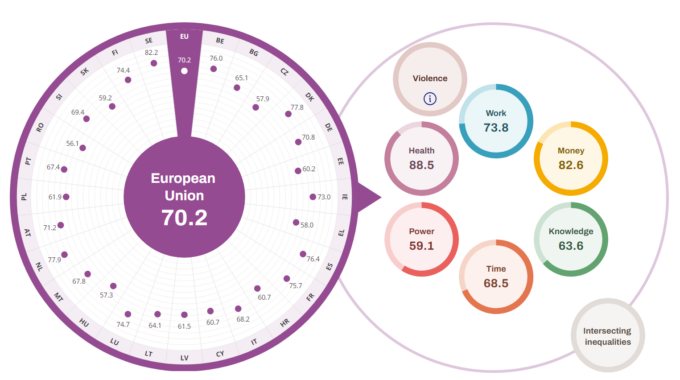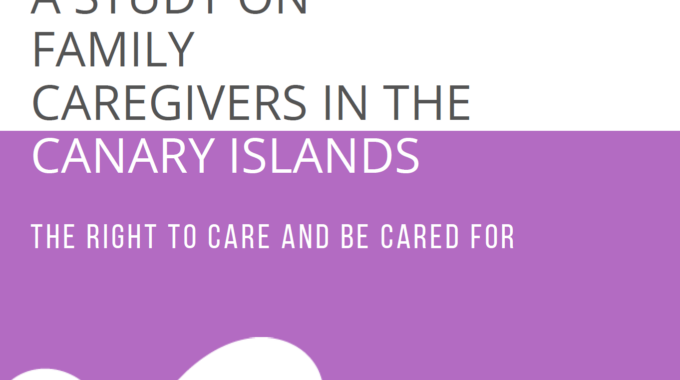Work-life balance measures for persons of working age with dependent relatives in Europe A study of national policies
This report is of topical importance for Eurocarers, and provides a wealth of information and arguments in favour of a better recognition of informal carers.
This Synthesis Report addresses the work-life balance of carers of dependent persons by examining three main social policy arrangements: leave schemes, cash benefits and benefits in kind. To this end, the 35 ESPN Country Teams provided, first, a brief description of the main features of their national long-term care (LTC) systems and, secondly, an assessment of the implementation of the aforementioned policy arrangements. Particular attention was given to the coverage and take-up of benefits, the impact of work-life balance policies on the employment situation of caregivers and on the well-being of the carers (mostly female relatives) and cared-for persons.
This Synthesis Report is concerned with some of the key questions that arise regarding a) the work-life balance of working-age people – mainly women – who care for disabled and chronically ill dependent relatives, b) reconciling work and care obligations and c) maintaining the well-being of the carers and their families. The analysis focuses on carers of working age, whether or not they are actually working.
It demonstrates that the work-life balance of the carer – mostly a working age woman – is a problematic issue which is rarely recognised as such. It states that new LTC policies targeted specifically at the carer should take into account the interplay between a broader set of care policies to disabled persons and employment policies geared to carers. This synthesis report formulates detailed recommendations to all countries and to the European Commission. Also, it formulates specific recommendations to countries with underdeveloped support schemes for carers on the one hand, and recommendations to countries with developed and mature support schemes for carers on the other hand.
National thematic report on work-life balance measures for persons of working age with dependent relatives published in February 2016 by National Experts on Social Policies can be accessed here.
The European Social Policy Network (ESPN) was established in July 2014 on the initiative of the European Commission to provide high-quality and timely independent information, advice, analysis and expertise on social policy issues in the European Union and neighbouring countries.
Theme Legislative and policy aspects
Type Research
Authors Bouget, D., Spasova, S. and Vanhercke, B.
Countries EU Comparison





